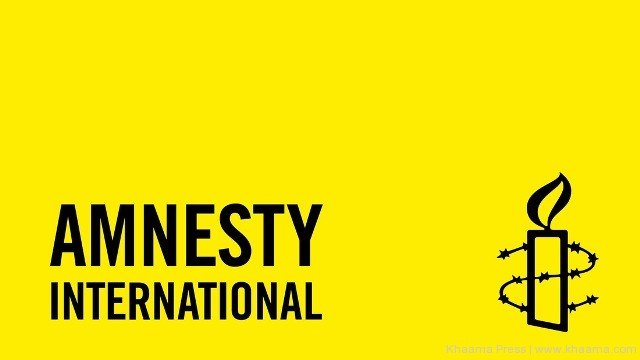
Amnesty International has expressed concern over the detention and alleged torture of women activists in Taliban prisons, demanding the immediate release of Zholia Parsi, Manizha Seddiqi, Neda Parwani, and Parisa Azada. The organization stated on Thursday that these women have no access to defense lawyers or medical facilities.
Amnesty International’s South Asia Regional Office sent a letter to Abdul Haq Wasiq, the head of Taliban intelligence, expressing concern about the arbitrary detention of women human rights defenders. The head of this office also mentioned that these four women activists and their families are denied visits.
Since the Taliban’s resurgence in August 2021, female protesters opposing the Taliban’s severe policies have encountered grave hardships. They have been forcibly disappeared, arbitrarily detained, and subjected to torture and other forms of abuse.
Among the victims of this dire situation are four prominent women human rights defenders: Parisa Azada, Neda Parwani, Zholia Parsi, and Manizha Seddiqi. They were unjustly apprehended between September and November 2023, enduring detention without access to legal counsel or regular family visits.
Meanwhile, the detention of family members of protesters and their torture in Taliban detention centers is another concern highlighted by this office. Amnesty International’s South Asia Regional Office states that these detentions are inconsistent with international human rights laws, including civil and political rights and international conventions.
Amnesty International’s findings also indicate that these women have no access to defense lawyers and medical services. The international organization has raised concerns that these women activists are at risk of torture and other forms of mistreatment.
In the letter, the organization has called on the Taliban to align the conditions of detention for these women activists with international standards, including access to defense lawyers and permission for family visits.
Earlier, United Nations Assistance Mission in Afghanistan (UNAMA) had reported that between January 2022 and January 2023, half of the 1,600 human rights violations in Taliban prisons included “torture or other cruel, inhuman, or degrading treatment.”
According to the findings of the UN’s political representation, women during protests have been subjected to verbal violence, including insults, humiliation, threats, and intimidation by Taliban armed forces.
In addition to this, some journalists covering women’s protests have also been arbitrarily detained and mistreated.
This post was originally published on this site be sure to check out more of their content.






